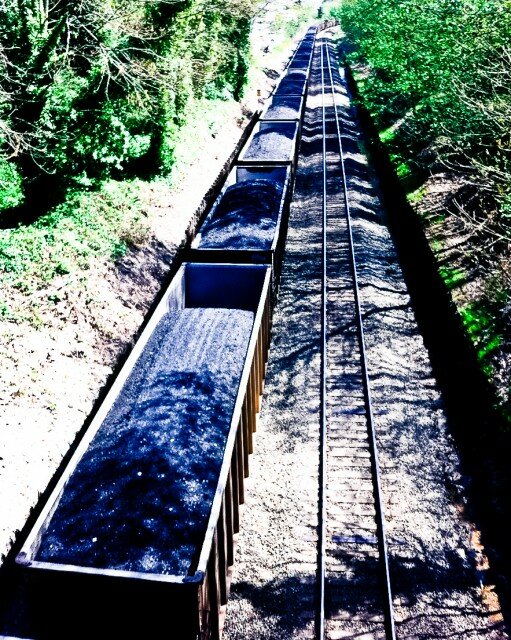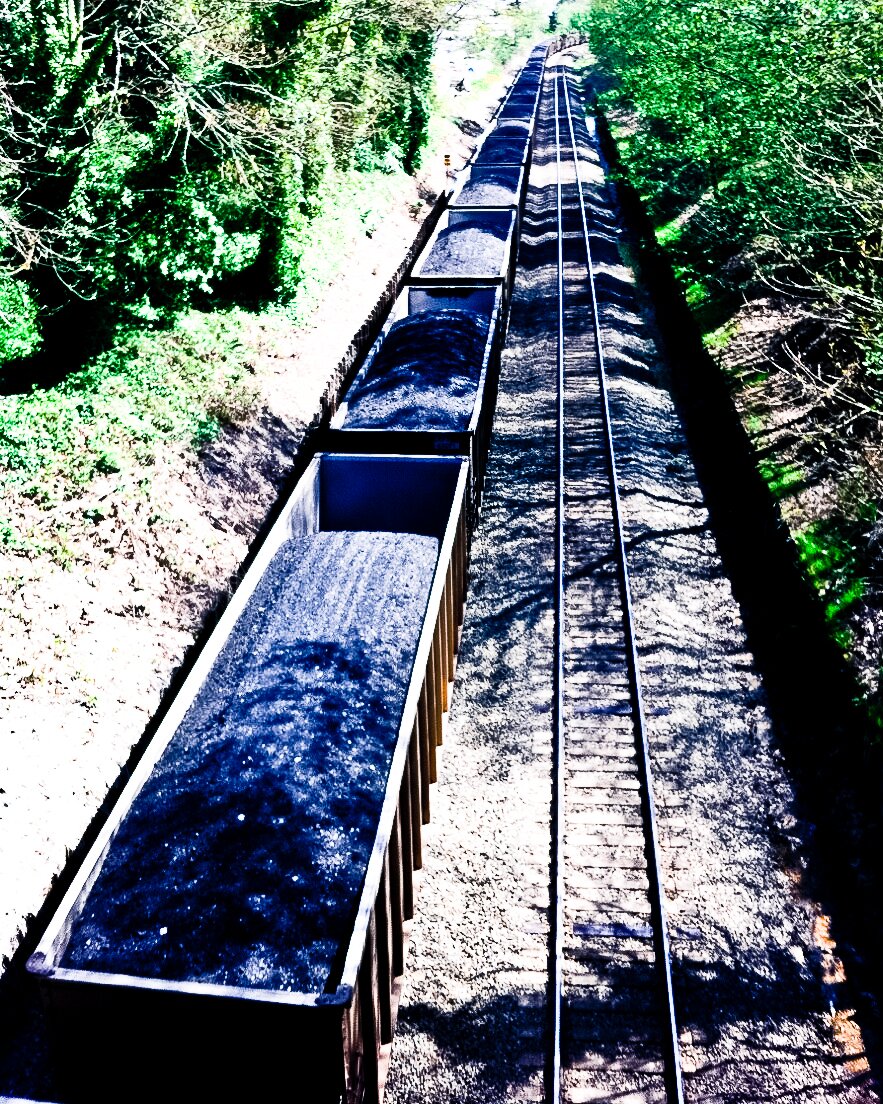
Slowly but surely, Seattle is waking up to coal trains. Normally, the Pacific Northwest crows about its trade relationships with China, but in the case of coal shipments, the crowing has become more of a dry, irritated cough.
Political fights over new terminals dedicated to coal were the first to crop up. But as people have had the chance to see the mile-plus-long trains click-clacking by, cars uncovered so that coal dust can blow off along the whole route, opposition to the whole prospect has stiffened.
In August, the Seattle City Council came out in favor of Congressman Jim McDermott’s proposal to form a Coal Mitigation Trust Fund–a $10 excise tax on every ton of coal mined in the U.S. would go to pay for “adverse impacts.”
Earlier, in May, the Council passed a resolution to the effect that they wanted nothing to do with coal trains and terminals, and that they’ll be watching very closely to determine if there are issues with public safety. Now, Mayor McGinn is putting pressure on the Port of Seattle to address the “environmental, health, and economic harms” he says the coal trains bring with them.
Coal trains also made an unlikely appearance during the Great Arena Debate of 2012, when arena proponents wondered why the Port was so little concerned with the traffic impacts of, as Publicola summed it up, “16 and 18 trains per day (one every 75 to 90 min, basically), each potentially 1.5 miles long, taking roughly three to seven minutes to pass through the seven train crossings—from Spokane Street to Wall Street—in Seattle.”
Even sleepy Ballard has gotten into the act. A story in the Ballard News-Tribune noted that the coal trains “would be passing through Sodo, the Olympic Sculpture Park, up Interbay, across the Ship Canal by Ballard Locks and past Golden Gardens and beyond. Estimates say that it would stop traffic for an extra two hours a day.” (BNSF wrote in asking for corrections to the story: For one thing, they said, they’re already shipping tons and tons of coal through town on its way to Canada and it’s never bothered anyone; it would only be 18 trains, not 20; and some trains might not go through Ballard at all.)
The sustainability-pushers over at Sightline, besides exploding the “low-carbon coal” terminology, help explain why shipping coal to China has taken on such urgency. The domestic market for coal has taken a huge hit as energy-producers switch to cleaner natural gas. Reports Clark Williams-Derry, “the nation’s electric utilities used 18 percent less coal in the first half of 2012 than they did in 2011, and 27 percent less than they did during the peak year, 2008.”
